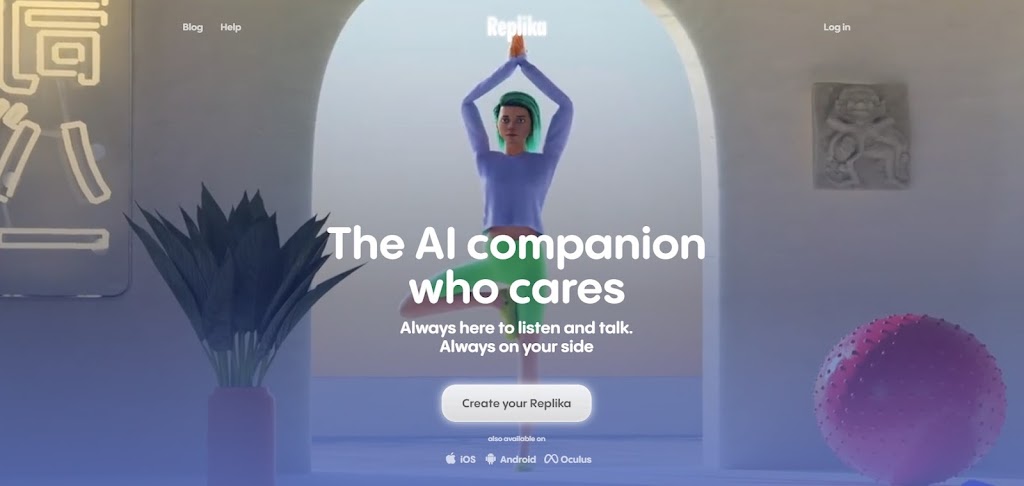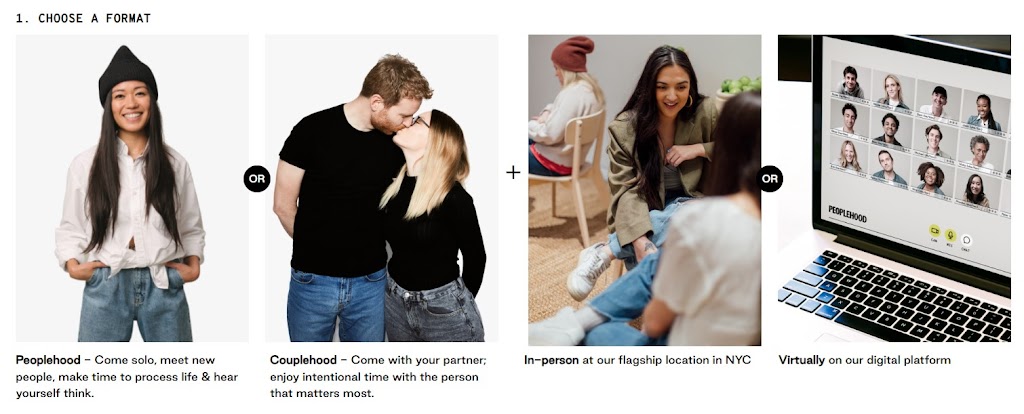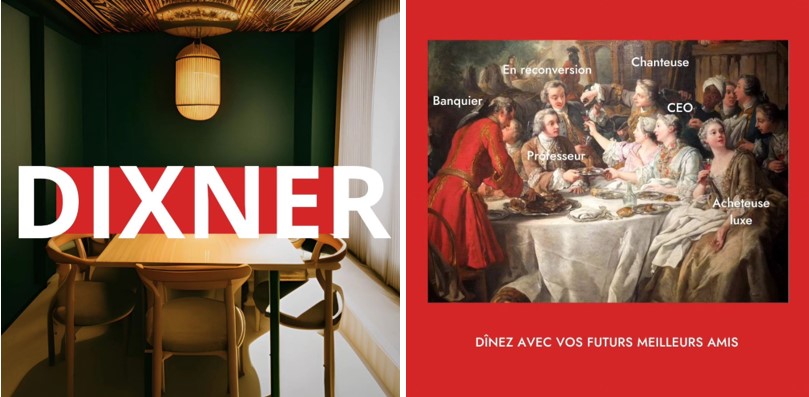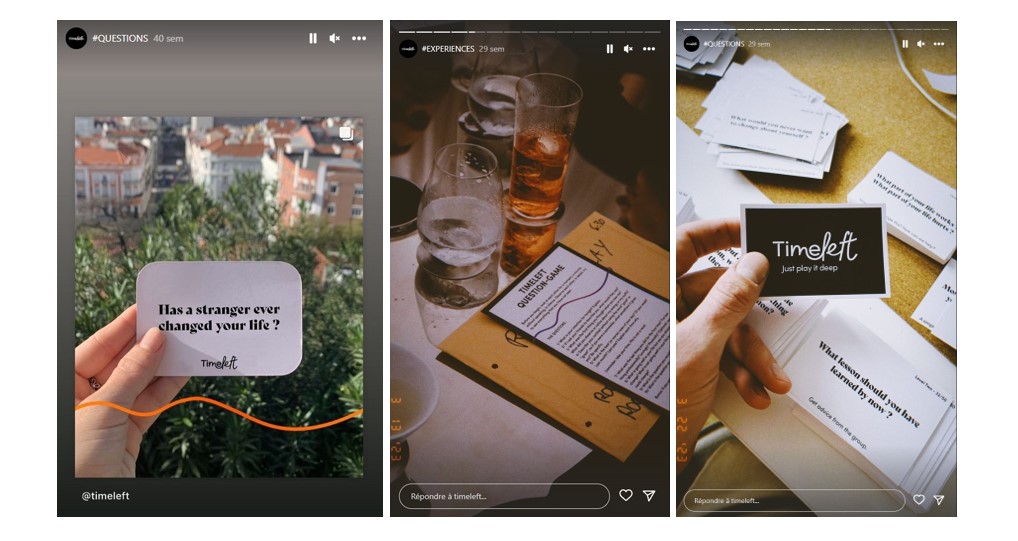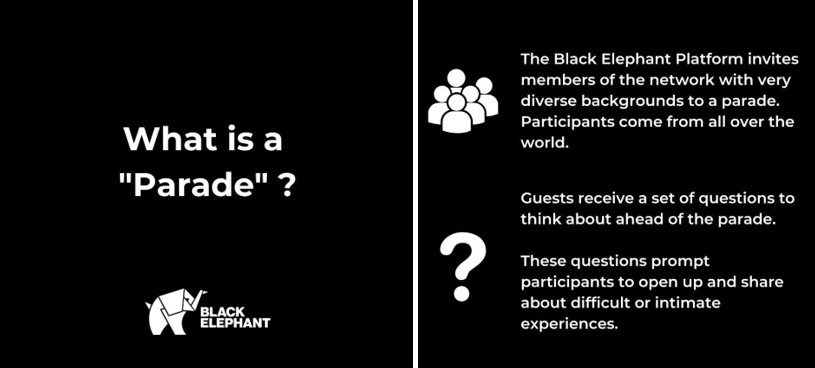I'll be there for you: the loneliness epidemic and the Friendship Algorithm
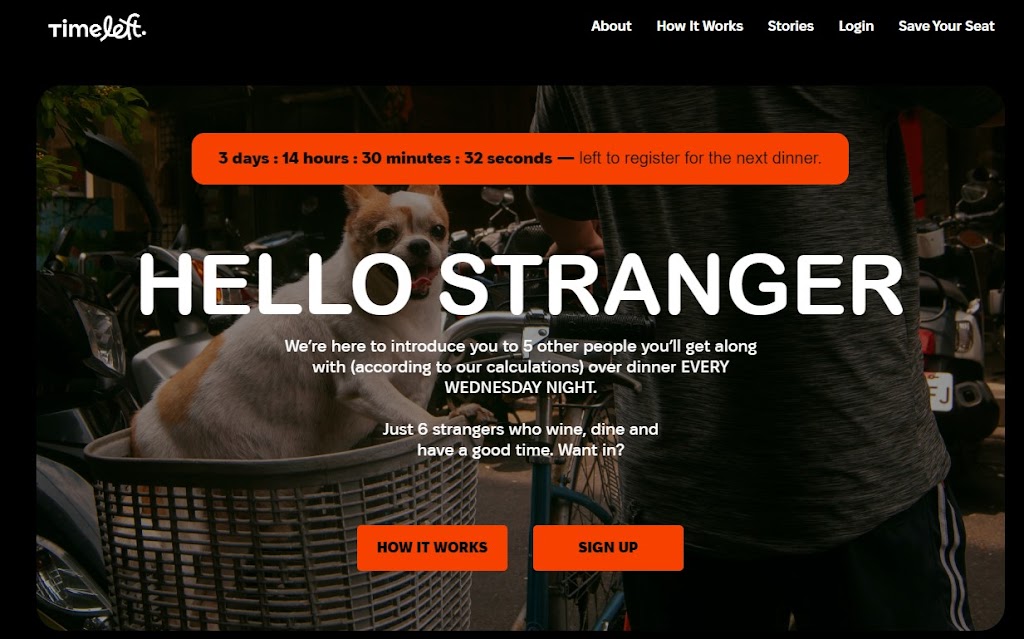
Les points-clés en français au bas de l'article
According to US surgeon general Vivek Murthy – the leading spokesperson on matters of public health in the USA –, loneliness is equivalent to smoking 15 cigarettes aday. While the figure has been criticized, loneliness is unquestionably increasing, to the point that it has its own ministry in some countries – the UK and Japan both appointed Ministers of Loneliness in 2021 to tackle what former Prime Minister Theresa May called “the sad reality of modern life”.
Many private companies have also seized the opportunity and built solutions, from the AI-generated friends developed by Replika to the “Gather sessions” aka “60-minutes guided group conversations” organized by Peoplehood, a social club/practice launched by SoulCycle founders Elizabeth Cutler and Julie Rice and described as “a workout for your relationships”.
Dixner is one of them: described as a “social and culinary experience”, the event enables you to meet strangers who have been selected for you over dinner in a Parisian restaurant. All you have to do is fill in a form and answer questions like “What was your dream job as a child?”, “Where do you feel most comfortable?”, “What are your hobbies?”. Once the machine “knows” you, an algorithm maximizes your chances to meet the Dixner guests you are most likely to get along with.
The name itself, Timeleft, which refers to the number of days, hours, minutes and seconds left to register for the next dinner, also says a lot about the urgency of meeting new people and making the most of the time you have left – a “first day of the rest of your life” philosophy where the brand enables you to have “the conversations you would have missed; the people you wouldn’t have met.”
Another interesting, different initiative is Black Elephant, which describes itself as “a next-generation social network forging genuine connection through the sharing of intimacy and vulnerability” and precisely addresses that need for alterity. With that notion and that of vulnerability at its core, Black Elephant invites people from different walks of life to meet and share their personal experiences during events called Parades, which can be held online or offline.
The idea being to connect with people with different experiences and worldviews, who do not necessarily share your opinions but have gone through emotions that you have probably felt too. A little like what the Human Library project, launched over 20 years ago is all about: “Unjudge someone” by borrowing a “human book” and starting a conversation you would normally not have had access to.
Because this is also – and maybe mostly – what human connections are about: going beyond first impressions and leaving room for the unexpected, trusting life and chance to divert your course from a path determined by your personal statistics and the things you think define you.
So why not try and fool the algorithm next time? Or just follow your gut and live by Bill Murray’s description: “Friendship is so weird. You just pick a human you’ve met and you’re like, ‘Yep, I like this one,’ and you just do stuff with them.”
-----------------------------------------
En français :
- L'épidémie de solitude est un fléau aujourd'hui reconnu, à tel point que des pays comme le UK et le Japon ont nommé des Ministres de la Solitude en 2021
- Nombreuses sont les entreprises qui ont développé des solutions, depuis les amis virtuels générés par IA de Replika jusqu'aux Sessions de Rassemblement organisées par Peoplehood, que les fondatrices décrivent comme une "séance d'entraînement pour les relations sociales"
- Pour les rencontres, comptez sur Dixner qui propose de rencontrer, au cours d'un repas au restaurant, 9 inconnus qu'un algorithme aura sélectionné selon votre profil. Timeleft est conçu sur un concept similaire.
- Black Elephant, qui se décrit comme un "réseau social fondé sur la vulnérabilité" a pour ambition de faire se rencontrer des gens très différents et de leur permettre de tisser des relations profondes, basées sur la sincérité et la recherche d'altérité. Un peu dans la veine de ce que propose le projet de Bibliothèque Humaine lancé il y a 20 ans sur l'idée d'aller au-delà des apparences et d'engager la conversation avec une personne que l'on n'aurait en principe pas abordée
